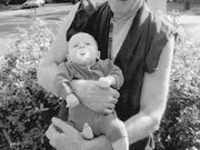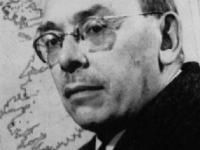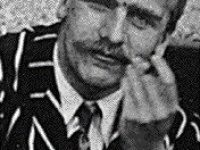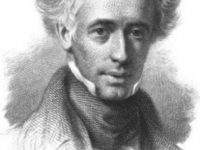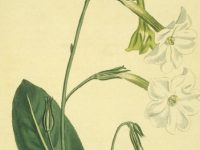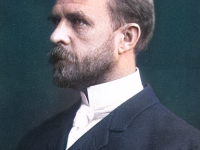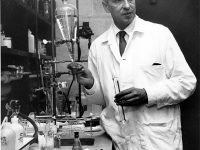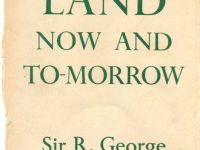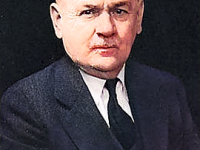Colin Turnbull and the Forest People
On November 23, 1924, British-American anthropologist Colin Turnbull was born. Turnbull came to public attention with the popular books The Forest People on the Mbuti Pygmies of Zaire and The Mountain People on the Ik people of Uganda, and one of the first anthropologists to work in the field of ethnomusicology. Early Years Colin Turnbull was born in the London borough of Harrow. His parents were Helen Dorothy Wellesley Chapman (1894-1977) and John Rutherford…
Read more

